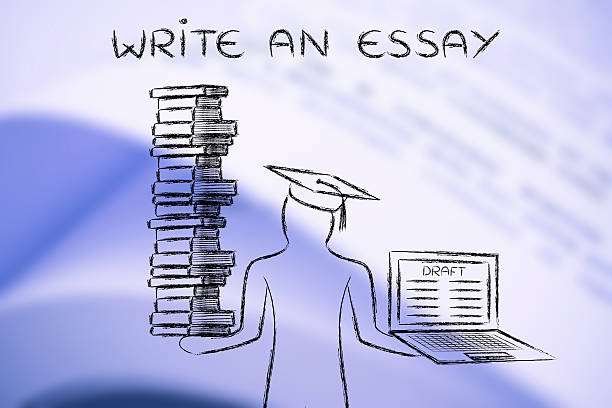Writing a dissertation in social sciences requires careful planning and structured execution. Unlike technical fields like aeronautical engineering where specialized services such as the best aeronautical engineering dissertation writing service may assist social science research demands critical analysis, strong arguments, and proper methodology. This guide provides key strategies to help you succeed independently.
Understanding the Dissertation Process
Choosing the Right Topic
Selecting a compelling topic is the first step. Ensure it aligns with your interests and fills a research gap. A well defined topic keeps your study focused and manageable.
Narrow down broad ideas by reviewing existing literature. Consult your advisor to refine your research question. A clear topic sets the foundation for a strong dissertation.
Developing a Research Proposal
A research proposal outlines your study’s objectives and methodology. It helps gain approval from your committee. Include research questions, literature review, and expected outcomes.
Keep the proposal concise yet detailed. Highlight the significance of your study. A well structured proposal increases the chances of approval and guides your research process.
Conducting Effective Research
Reviewing Existing Literature
A thorough literature review identifies gaps in research. Analyze key studies related to your topic. Synthesize findings to support your arguments and methodology.
Use academic databases like JSTOR and Google Scholar. Organize sources thematically for clarity. A strong literature review strengthens your dissertation’s credibility.
Selecting the Right Methodology
Choose qualitative, quantitative, or mixed methods based on your research question. Justify your choice with relevant academic support. Ensure your approach aligns with your objectives.
Describe data collection techniques clearly. Address potential limitations. A robust methodology enhances the reliability of your findings.
Structuring Your Dissertation
Writing a Strong Introduction
The introduction sets the stage for your research. Present the problem, objectives, and significance. Engage readers with a clear thesis statement.
Keep it concise but informative. Outline the dissertation’s structure. A compelling introduction encourages further reading.
Organizing the Literature Review
Divide the literature review into thematic sections. Critically analyze sources rather than summarizing them. Show how your research contributes to existing knowledge.
Maintain a logical flow between sections. Link past studies to your research questions. A well organized review strengthens your academic argument.
Presenting Methodology and Findings
Detail your research design and data collection process. Present findings objectively using charts or qualitative analysis. Ensure transparency in your approach.
Interpret results without bias. Discuss implications for future research. Clear presentation enhances the dissertation’s academic value.
Writing and Editing Strategies
Maintaining Academic Tone
Use formal language and avoid colloquialisms. Support arguments with credible sources. Ensure clarity and precision in writing.
Avoid excessive jargon. Define key terms when necessary. A professional tone improves readability and credibility.
Avoiding Plagiarism
Cite all sources properly using APA, MLA, or Chicago style. Use plagiarism detection tools to ensure originality. Paraphrase effectively while retaining meaning.
Keep track of references early. Proper citations prevent academic misconduct. Ethical writing builds trust in your work.
Editing and Proofreading
Revise for coherence, grammar, and flow. Take breaks between writing and editing for a fresh perspective. Seek feedback from peers or advisors.
Use grammar checking tools like Grammarly. A polished dissertation reflects professionalism. Thorough editing enhances overall quality.
Final Submission and Defense
Preparing for the Defense
Anticipate committee questions and prepare responses. Practice presenting key findings confidently. Review your dissertation thoroughly before the defense.
Stay calm and articulate during the session. Address feedback professionally. A strong defense demonstrates mastery of your topic.
Meeting Submission Guidelines
Follow university formatting and submission rules. Check word count, citation style, and document structure. Submit before the deadline to avoid penalties.
Verify all sections are complete. Proper formatting ensures compliance. A well prepared submission reflects diligence.
FAQs on Dissertation Writing for Social Science Majors
How do I choose a dissertation topic?
Pick a topic that interests you and has research gaps. Consult your advisor for refinement.
What is the best research methodology for social sciences?
It depends on your research question qualitative for opinions, quantitative for data, or mixed for both.
How do I avoid plagiarism?
Cite sources properly and use plagiarism check tools. Paraphrase while retaining original meaning.
How should I prepare for my dissertation defense?
Practice presenting key points and anticipate questions. Stay confident and professional.
Conclusion
Writing a dissertation in social sciences requires planning, research, and clear writing. Follow structured steps to ensure success. With dedication, you can produce a high quality academic work.


